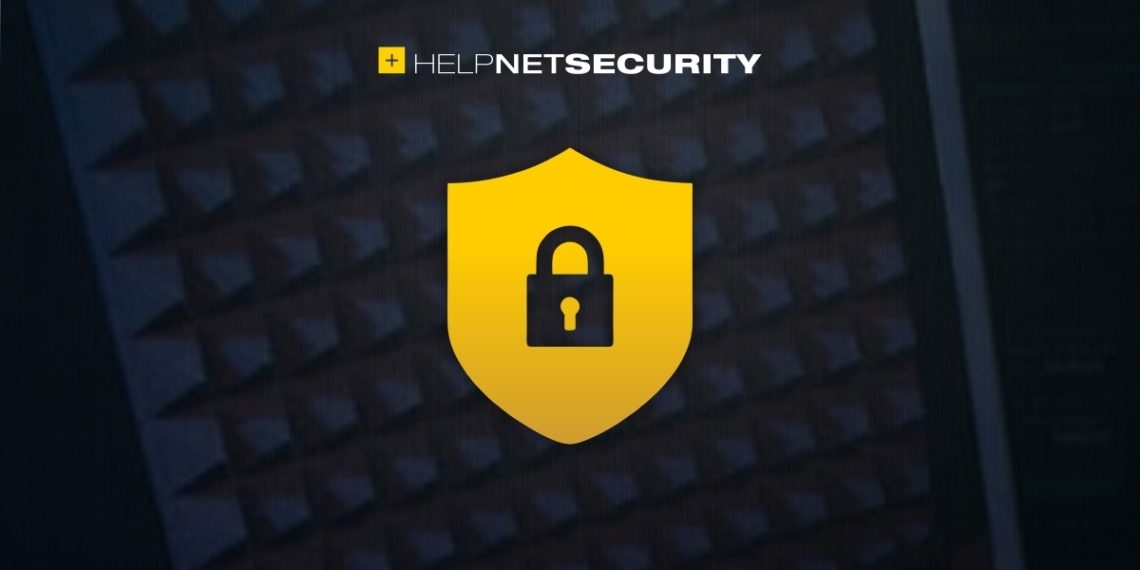Privitar is introducing NOVLT, a new way to do tokenization, in the latest version of the Privitar Data Privacy Platform.
NOVLT, which supports broader use cases and data sharing across borders, is designed to provide the benefits of tokenization while removing the dependency of a vault. Customers will have full flexibility to customize their approach to data protection for individual use cases, with Privitar offering two, complementary methods of tokenization.
“Safeguarding data is a challenge that requires different approaches depending on the context – the data, the use case, the user,” said Steve Totman, Chief Product Officer at Privitar. “We developed Privitar NOVLT to strengthen our existing offering and give customers the flexibility to choose exactly the right tokenization approach based on their architecture and performance requirements for each of their use cases. Customers can use a token vault, NOVLT, or a combination of the two, even within the same policy. Privitar eliminates the need to make a false choice.”
How Privitar NOVLT works
NOVLT protects sensitive data using a format preserving encryption algorithm for consistent tokenization. It uses certified secure cryptography to derive consistent and unique tokens with custom formats. It also enables an additional layer of protection by supporting Privitar’s unique privacy capabilities, including embedding Privitar Watermarks in tokenized data, and controlled linkability with Protected Data Domains.
Privitar NOVLT supports a fully distributed system, allowing for data protection and linkability across different data sovereignty regions. This is especially beneficial for enterprises with worldwide presence, and for enterprises that participate in projects with international partners. Privitar NOVLT will enable them to stay compliant with regulations like GDPR by de-identifying data in a certain location ahead of sharing data across borders, but retaining a link to a protected dataset in the centre.
“Many of our customers are trying to share data for analysis across geographies, but are blocked by data sovereignty laws. This means data cannot move across boundaries without the appropriate de-identification techniques applied beforehand,” added Totman. “Privitar NOVLT makes that possible without the headaches.”
Credit: Source link






















